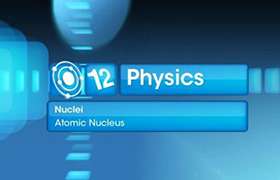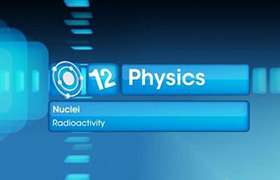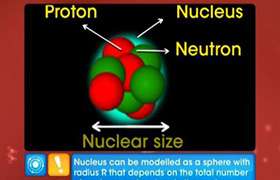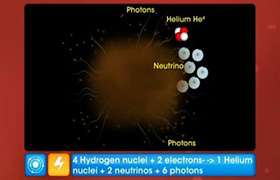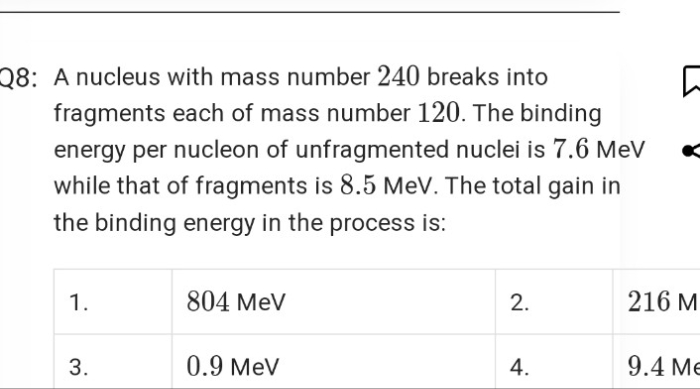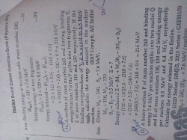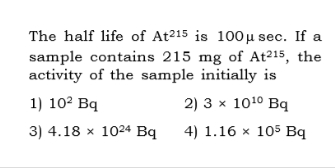CBSE Class 12-science Answered
|
Yukawa Theory of Nuclear Forces : According to Yukawa theory the particles intermediate in mass between electrons and nucleons is responsible for nuclear forces. Today these particles are called pions or p-measons. p-measons can be positively charged or negatively charged or they can be neutral also. According to Yukawa theory, every nucleon continuously emits and reabsorbs pions. If another nucleon is nearby, an emitted pion may shift across to it instead of returning to parent nucleon. The associated transfer of momentum is equivalent to the action of force. Nuclear forces are repulsive at short range as well as being attractive at greater nucleon-nucleon distances, since otherwise nucleons in nucleus would mesh together. The fundamental problem presents itself at this point. If nucleons constantly emit and absorb pions, why are neutrons never found with other than their usual masses. The answer is based upon uncertainty principle. The laws of physics refer to measurable quantities only and the uncertainty principle limits the accuracy with which certain measurements can be made. The emission of pion by a nucleon which does not change in mass is clear violation of conservation of energy. But this can take place if either nucleon reabsorbs the emitted pion or absorb another pion emitted by neighboring nucleon so soon afterward that it is impossible to determine whether any mass change has taken place or not. Other important properties of nuclear forces are : 1. It is a charge independent force and its magnitude is same for p-p, p-n or n-n. 2. They are very short range forces and are effective only upto a distance of few fermi. 3. It is strongest force in nature and its magnitude is about 100 times stronger than electromagnetic interaction. 4. Nuclear force is a saturation force as given nucleon can interact only with its immediate neighbours and not all the nucleon present in nucleus. 5. Nuclear forces are non central forces and does not acts only the line joining the two particles. 6. It is a spin dependent force. Nucleons having parallel spin are more strongly bound to each other than nucleons having antiparallel spin.
|

